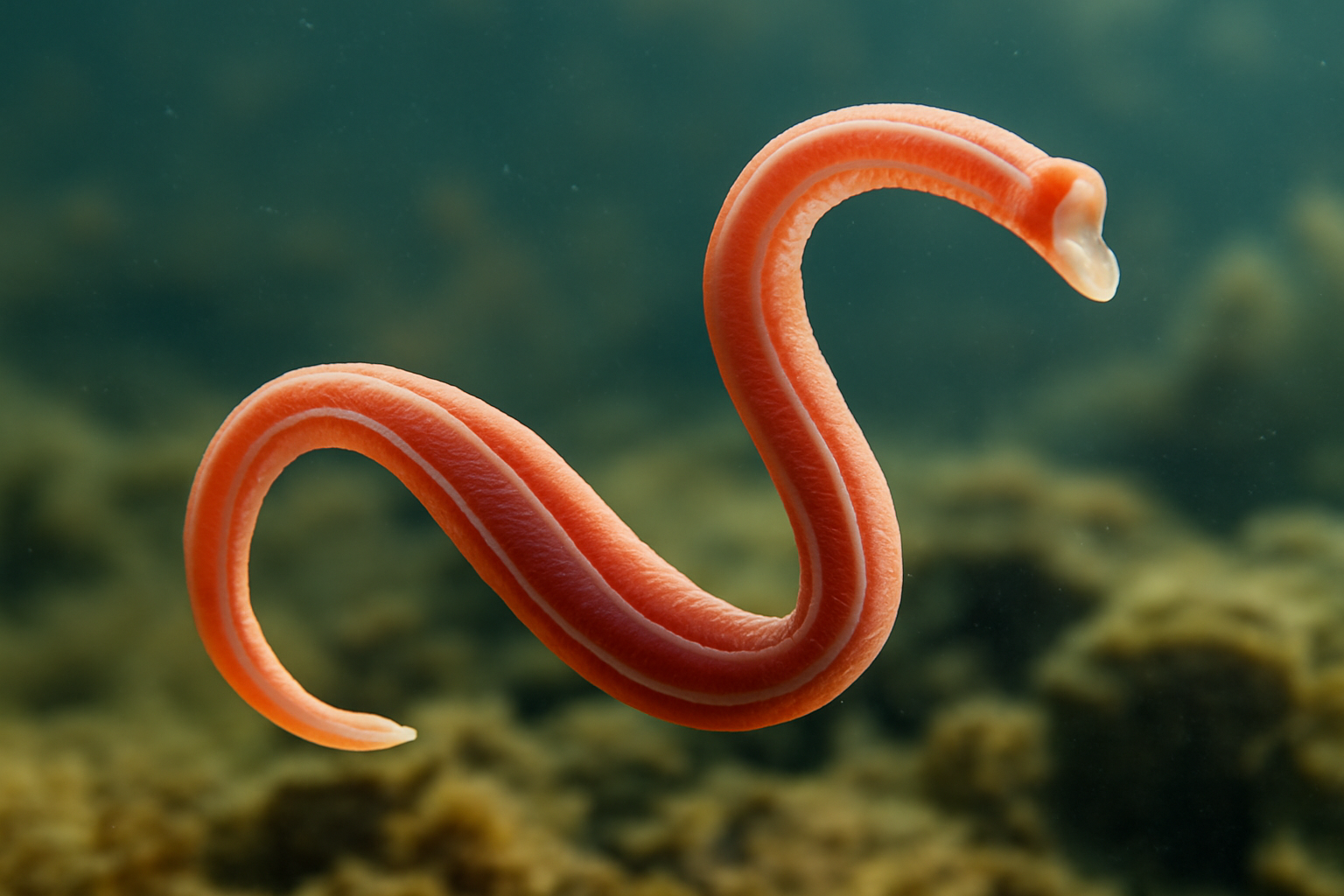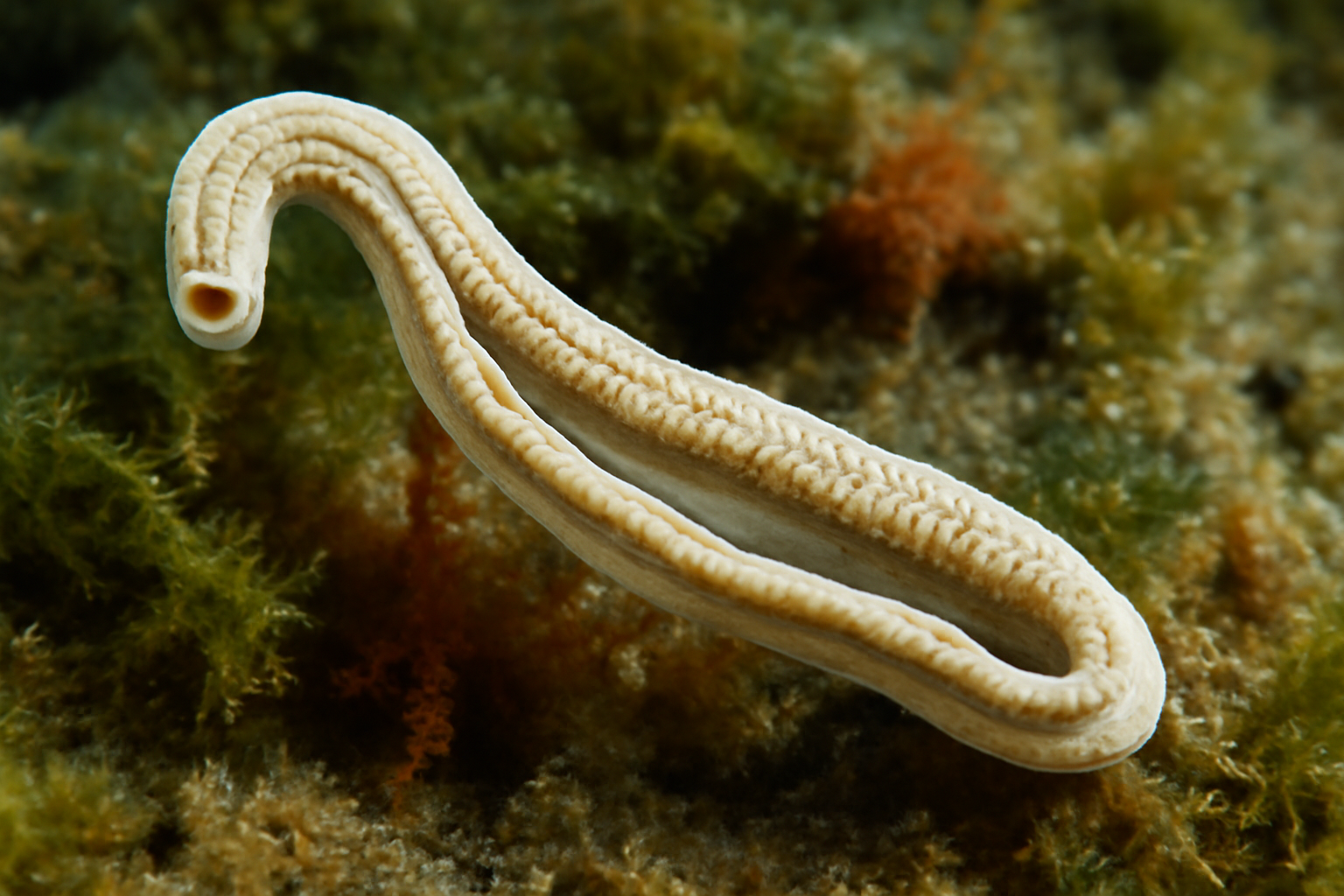Schistosomatidae [Schistosomatidae]
Description
Schistosomatidae is a family of digenetic trematodes, commonly known as blood flukes. They are unique among trematodes and most other parasites for their distinct sexual dimorphism; the females are significantly longer than the males and are held in a groove along the male's body. Members of this family are the causative agents of schistosomiasis, a disease that affects millions of people, primarily in tropical and subtropical regions. These parasites have a complex lifecycle that involves two hosts: a definitive mammalian host, where the parasites reproduce sexually, and an intermediate snail host, where asexual reproduction occurs. The marine representatives of this family are not directly involved with marine environments as adults but have stages in their lifecycle that can be found in freshwater or brackish water.
Genera

Schistosoma [Schistosoma]
View Details
Orientobilharzia [Orientobilharzia]
View DetailsTaxonomy
| Phylum |
Flatworms
Platyhelminthes
|
|---|---|
| Class |
Trematoda
Trematoda
|
| Order |
Blood Flukes
Schistosomatida
|
Statistics
- Genera 2